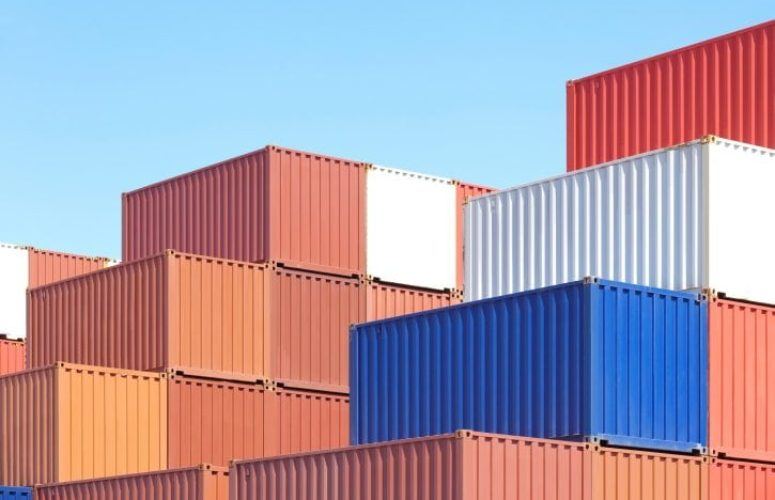
Coronavirus and NJ’s Northern Seaports: What Might Happen?
A Lunar New Year lag places our ports in a wait-and-see stance.
By George N. Saliba, Managing Editor On Feb 24, 2020According to John Nardi, president of the New York Shipping Association, it is difficult to make an overall assessment of COVID-19’s impact on the Port Newark–Elizabeth Marine Terminal right now, due in part to the Lunar New Year holiday, which each and every year temporarily disrupts cargo shipments from China.
While the Lunar New Year ended February 9 (it was artificially extended by the Chinese government due to the coronavirus), Nardi tells NEW JERSEY BUSINESS that there is an approximate three-week lag following the New Year’s conclusion before cargo shipments operate as usual.
“Add three weeks to when the holiday is, and that’s when the normal shipments would start picking up again,” Nardi explains.
Another factor in this equation is the fact that on average, less than 30 percent of all imported cargo arriving at Port Newark-Elizabeth Marine Terminal originates from China, so the trade/logistics industry here potentially may not experience a coronavirus impact the way West Coast ports (heavily dependent on Chinese imports) might.
The Lunar New Year’s shipping lag and our lower China import volume arguably form a perfect storm of uncertainty when combined with other variables: Beijing may or may not be effectively communicating news about the coronavirus’ potential spread in mainland China; Western leaders may or may not understand the virus’ effects and long-term global trajectory; and while manufacturing and other sectors express concern regarding obtaining parts and supplies, accurate information in any of these spheres is similarly sparse and/or unreliable.
Pondering the coronavirus’ overall shipping impact, Nardi says, “Especially with our members (the shipping lines), the consistent answer that we got from everybody is ‘It is too early to tell, yet.’ They don’t know how long [the coronavirus] is going to last.”
Nardi’s New York Shipping Association is acutely aware of anything that might affect the ports, since its main responsibility is to negotiate the collective bargaining agreement that it has with the International Longshoremen’s Association.
“To pay for the contract that we negotiate, we charge our members a fee per [shipping] container,” Nardi says. “… If we have a reduction in [cargo] volume, then we may have to raise our assessment to our members, to pay for the benefits. If we get more cargo, then we can reduce that assessment. If we reduce the assessment, then we become more competitive. We get involved with any issue that affects the flow of freight in and out of the Port of New York and New Jersey.”
To access more business news, visit NJB News Now.
Related Articles:





